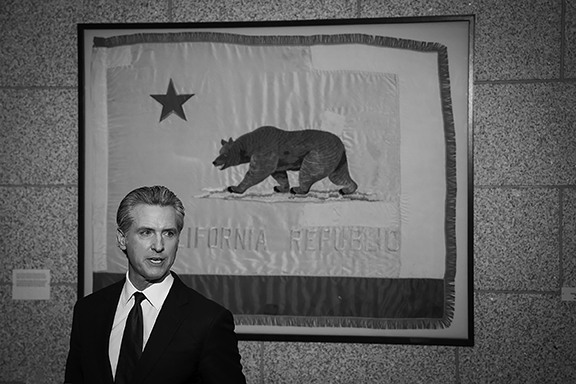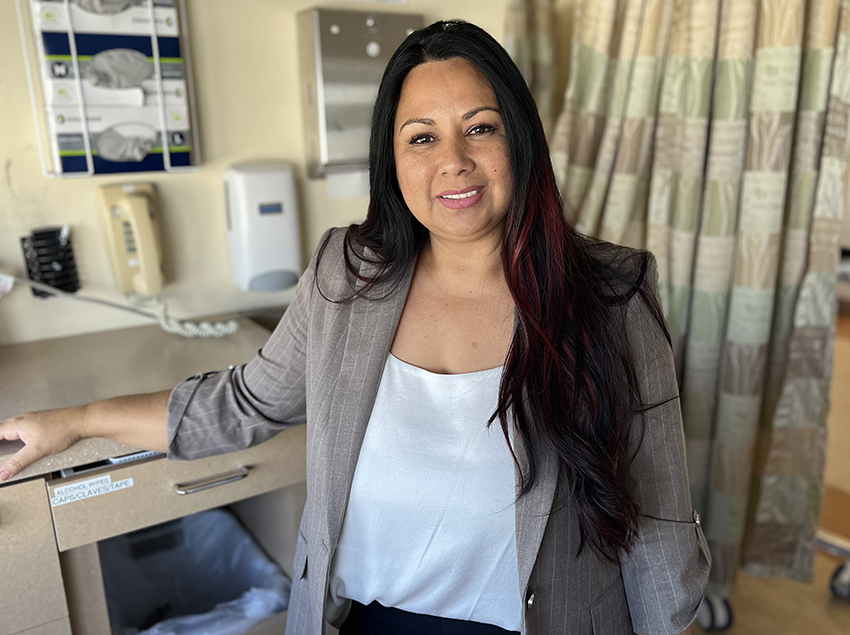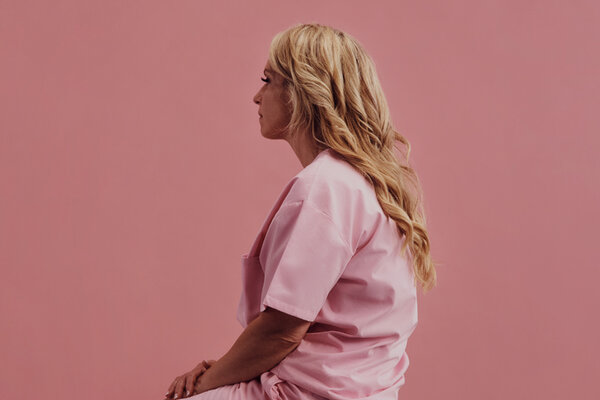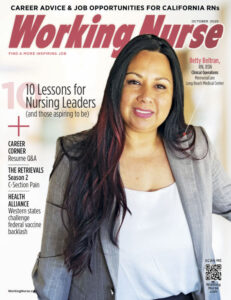CNO Roundtable 2020
Nurses in the Media
Q: There has been a lot of attention to the way nurses are depicted in movies and TV shows. Is there a portrayal that you felt got it right, or was completely off the mark?
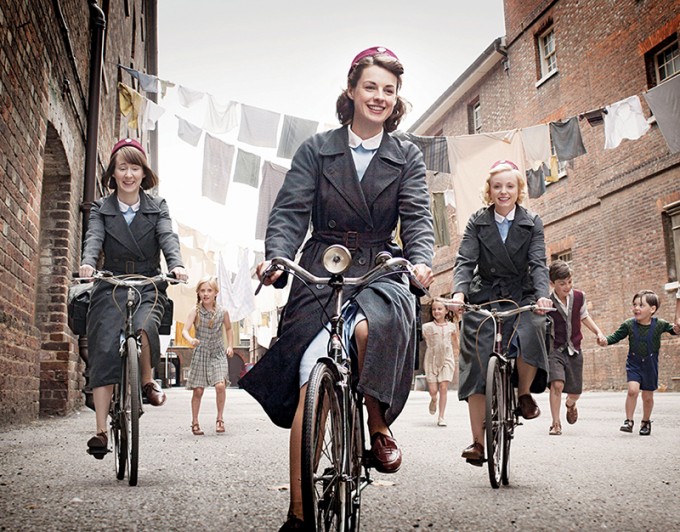
Katie Hughes, RN, MSN, CRRN
Chief Nursing Officer
Casa Colina Hospital and Centers for Healthcare
Over the last few years, I’ve been watching “Call the Midwife,” a British TV series set in 1950s London [pictured above]. I was hoping it would be a show about nursing that I couldn’t critique for inaccuracies, which I often do with medical shows. Obviously, nurses today don’t wear caps, are more diverse than in the ‘50s and have much more technology and knowledge available to them.
Yet, the writers of the show have managed to create a depiction of nursing that seems to be as relevant today as the period in which the series is set. When faced with challenges, the nurse characters work as a team, apply their learned knowledge and critically evaluate every situation with the goal of ensuring the best outcome for the patient. Whether the BBC depiction of nursing in 1950s London is accurate or not, I think that the overarching themes of the show compare well to modern-day nursing.
Jennifer R. Castaldo, RN, BSN, MSHA, NEA-BC
Vice President / Chief Nursing Officer
Henry Mayo Newhall Hospital
I sometimes struggle with how nurses are portrayed in the media, which rarely coincides with reality. At times, I even find myself ambivalent about the Gallup polls that consistently find that people believe nurses to be the most ethical and honest profession. Such impressions of nursing are often based on the “angel” stereotype of nursing, which is an image of nurses as unskilled, hand-holding, pillow-fluffing caregivers. That is the foundation of traditional nursing practice, and we should not underestimate the importance of human touch and basic bedside care. However, the public needs to know that we also have education, skill, and autonomy.


















